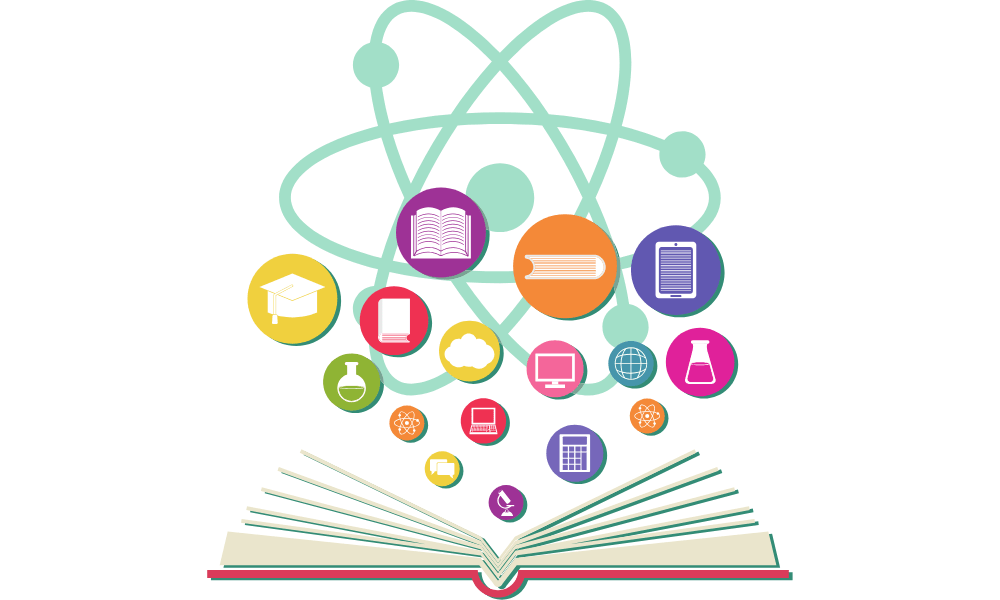What is Quick Learning and Why is it Important For Students ?
May 31, 2025 2025-05-31 13:42What is Quick Learning and Why is it Important For Students ?
In today’s ever-changing world, the ability to grasp new ideas quickly is not just a benefit—it’s a necessity.
Whether it’s students adjusting to new syllabi, professionals adapting to evolving technologies, or young minds in preschool picking up foundational skills, quick learning forms the base of growth and success.
The speed at which information is being generated makes it almost impossible to rely only on traditional, slow-paced methods of education.
Educational institutions have also recognized the need for rapid cognitive development. For instance, the Best Pre Schools in Santacruz now emphasize interactive activities, flexible learning techniques, and real-world applications to promote quick learning at an early stage.
What is Quick Learning?


Quick learning refers to the ability to understand, apply, and retain new information in a short amount of time. It does not imply shallow understanding, but rather a smart, focused way of learning with better engagement, emotional involvement, and retention. It’s about learning smartly, not just quickly.
This skill becomes more vital as we move into a future filled with AI, automation, and rapidly evolving industries that demand constant upskilling.
The Growing Need for Quick Learning in Modern Times:


The pace of life has accelerated, and so have the expectations from students and professionals alike.
Here’s why quick learning is becoming crucial:
- Shorter Attention Spans: With the rise of digital media, human attention spans have reduced significantly. Traditional methods often fail to engage learners fully.
- Dynamic Job Market: Employers are now looking for individuals who can adapt quickly and learn new skills without lengthy training periods.
- Competitive Academic Environment: Students preparing for competitive exams or global careers must absorb large volumes of data in limited time.
- Technological Disruption: The tech industry changes rapidly. Mastering new tools, coding languages, or software in a short time is essential.
Benefits of Quick Learning for Students:


In the education space, learning fast gives students a powerful edge:
- Boosts Confidence: Quick understanding leads to quicker mastery, giving students a morale boost.
- Time Management: Students learn how to allocate time efficiently, reducing stress during exams or project deadlines.
- Adaptive Thinking: They become better at switching between subjects, topics, and problem-solving strategies.
- Higher Academic Scores: Retaining concepts faster helps students perform better in tests and real-world scenarios.
Quick learning is also linked to stronger executive functioning skills, like working memory, focus, and emotional regulation.
Quick Learning and Early Childhood Development:


Preschoolers absorb more in the first five years than at any other stage of life. Teaching children how to learn quickly—rather than just what to learn—sets them up for long-term success.
Activities like storytelling, sensory play, phonics, visual learning, and basic coding for kids are now being introduced to enhance learning speed and comprehension.
Modern institutions, like the Best Pre Schools in Santacruz, have integrated creative curricula to help children learn through play, visuals, and experiential interactions—this approach fosters fast learning naturally.
How Quick Learning Supports Lifelong Success ?


Even beyond school and college, the ability to learn fast has become a cornerstone of personal and professional development.
Here’s how:
Career Growth: Employees who can learn new software, systems, or workflows quickly are more likely to be promoted or trusted with leadership roles.
Entrepreneurship: For business owners, learning quick helps in market analysis, team management, and adapting to customer needs faster.
Digital Literacy: In a world driven by smartphones and AI, fast learners are better at handling tech tools, cybersecurity awareness, and online navigation.
Techniques to Develop Quick Learning Skills:


Improving your fast learning abilities isn’t just for the gifted. Anyone can master it with the right techniques:
- Active Recall: Practicing self-quizzing to remember better.
- Spaced Repetition: Spreading out learning over intervals for better long-term retention.
- Mind Mapping: Visualizing content through diagrams to make it easier to understand.
- Teaching Others: Explaining concepts to others is a great way to reinforce your own learning.
Regular reading, curiosity, and experimenting with different learning styles also help accelerate the brain’s capacity to absorb and retain knowledge.
Impact of Technology on Quick Learning:
Modern tools like educational apps, digital whiteboards, AI-powered tutors, and YouTube learning channels have completely transformed how we absorb information. Students no longer have to wait for classroom hours, learning can happen anywhere, anytime.
Technology-driven learning methods not only increase engagement but also allow personalized pacing, which complements the idea of fast learning.
Emotional Intelligence and Learning Quick:
Interestingly, emotional awareness also plays a role in learning quick. Students or professionals who are mindful and emotionally regulated tend to absorb concepts faster.
Emotional intelligence helps in:
- Managing stress during learning
- Improving focus and motivation
- Enhancing collaborative learning in teams or classrooms
This is why holistic development is a key goal in modern education systems.
Industries That Demand Fast Learning:
Here are sectors where quick learning is not optional but essential:
- IT & Software Development
- Healthcare & Medicine
- Education & EdTech
- Finance & Banking
- Marketing & Advertising
- Startups & Entrepreneurship
Professionals in these industries often have to upskill, adapt to tools, and make data-driven decisions with minimal onboarding time.
Frequently Asked Questions (FAQs)
Ques 1. Why is quick learning important today?
Ans. In a fast-changing world, quick learning helps individuals stay competitive, adaptable, and ready to face new challenges.
Ques 2. How does learning quick help students?
Ans. It allows students to absorb more content in less time, making academic preparation and revision more efficient.
Ques 3. Is fast learning the same as smart learning?
Ans. While both aim for better results, quick learning emphasizes speed, while smart learning focuses on strategy and effectiveness.
Ques 4. Can learning quick reduce study stress?
Ans. Yes, quick learning reduces last-minute cramming and helps build long-term retention, decreasing academic pressure.
Ques 5. What role does technology play in quick learning?
Ans. Tech tools like educational apps and AI-based platforms accelerate learning by offering personalized content.




